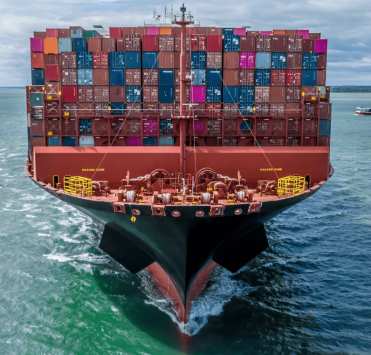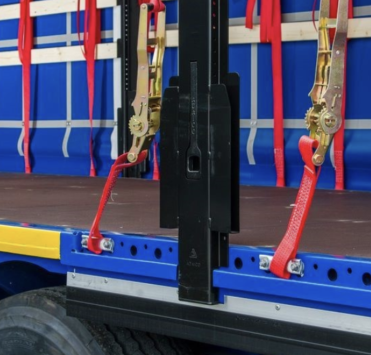What is demurrage and detention: all about extra costs

In the field of international container logistics, one of the key factors affecting the cost of transportation is additional charges for the use of the container. These charges include demurrage and detention. These penalties are related to the delay of the container, but are assessed in different situations and can significantly increase the overall logistics costs.
In this article, let's find out what demurrage and detention mean, how they differ, what additional payments for storage of the container in the port (storage) may be and how to avoid unnecessary costs when organizing container transportation.
What is demurrage?
Demurrage is a charge for storing a container at a port terminal beyond the Free Time period.
When the container arrives at the port of destination, the consignee has several days (usually 3 to 7 days, depending on the shipping line and port) to remove the container. If the container is not picked up by the deadline, the shipping line starts charging demurrage - a penalty for each day of delay.
The main causes of demurrage are
- Delay in customs clearance - if the consignee does not have the necessary documents, the container cannot be released from the terminal.
- Non-payment of freight and port charges - until all mandatory payments are paid in full, the shipping line will not allow the container to be exported.
- Lack of transportation capacity - if transportation is not arranged in advance, the cargo remains at the port, accumulating additional costs.
- Port congestion - high terminal utilization can lead to delays in container handling.
What is storage?
In addition to demurrage, storage is a fee for the actual storage of a container in the port, which is charged by the port authority separately from the shipping line.
Unlike demurrage, which is a penalty for exceeding the container's Free Time, storage is paid for the use of the port area. It can be charged independently of demurrage and detenshin or at the same time, increasing the overall logistics costs.
What does the cost of storage depend on?
- Type of container (20-foot, 40-foot, refrigerated, for dangerous goods)
- Terminal congestion - storage may be higher in congested ports.
- Additional services - for example, for connecting a reefer container to the network.
What is Detention?
Detention is a charge for the use of a container outside the port after it has left the port if it is not returned within a specified period of time.
Once the container leaves the terminal, the consignee has a limited time to unload and return it (usually 5 to 14 days). If the container stays with the consignee longer, the shipping line begins to assess a charge for each day of delay.
The main causes of detenshine are
- Long unloading process - if the container is used as temporary storage, its return is delayed.
- Lack of transportation to return an empty container - if the carrier has not organized timely removal, the container remains with the recipient.
- Downtime in the warehouse - if the warehouse is overloaded or there are delays in receiving the shipment, the return of the container is delayed.
What is the difference between demurrage and detenshine?
Parameter | Demurrage | Detention |
Where is it charged? | In the port, at the terminal | Outside the port |
When does it occur? | If the container is not picked up from the port on time | If the container is not returned to the port on time |
Who pays for it? | Consignee (importer) | Consignee (importer) |
How to avoid it? | Quickly organize the removal of the container | Promptly unload and return the container |
How to avoid demurrage, detenshin and additional costs for storage of the container?
- Prepare documents in advance - customs declarations, certificates and payments must be finalized before the container arrives at the port.
- Control container storage time - it is important to monitor Free Time and plan in advance for the removal of the container from the terminal.
- Optimize logistics - organize transport and storage capacity in advance to minimize delays.
- Conclude an agreement with the terminal - in some cases it is possible to agree to extend the container storage period without demurrage.
What is combined demurrage and detention (D&D)?
Some shipping lines offer a Combined Demurrage & Detention (D&D) system.
Instead of separate Free Time periods for storage of the container in the port (demurrage) and its use outside the port (detention), the consignee is given a single period.
For example, instead of 5 days of Free Time at the terminal + 7 days of Free Time outside the port, 12 days of total Free Time are provided, which can be allocated at the consignee's discretion.
Advantages of combined D&D
- Flexibility in the use of the container
- Easy calculation of fines
- Possibility to avoid double payments
Disadvantages of combined D&D
- Risk of incorrect time allocation
- Not all shipping lines offer this option
Key findings
Demurrage, detention and storage in port can significantly increase the costs of container transportation. However, these costs can be avoided by planning logistics in advance, monitoring container storage times and negotiating favorable rates.
If you need reliable logistic support and professional support of containerized maritime transportation, contact Save Pro Solutions. We will help you optimize container management, minimize additional costs and prevent fines for demurrage, detention and port storage.









